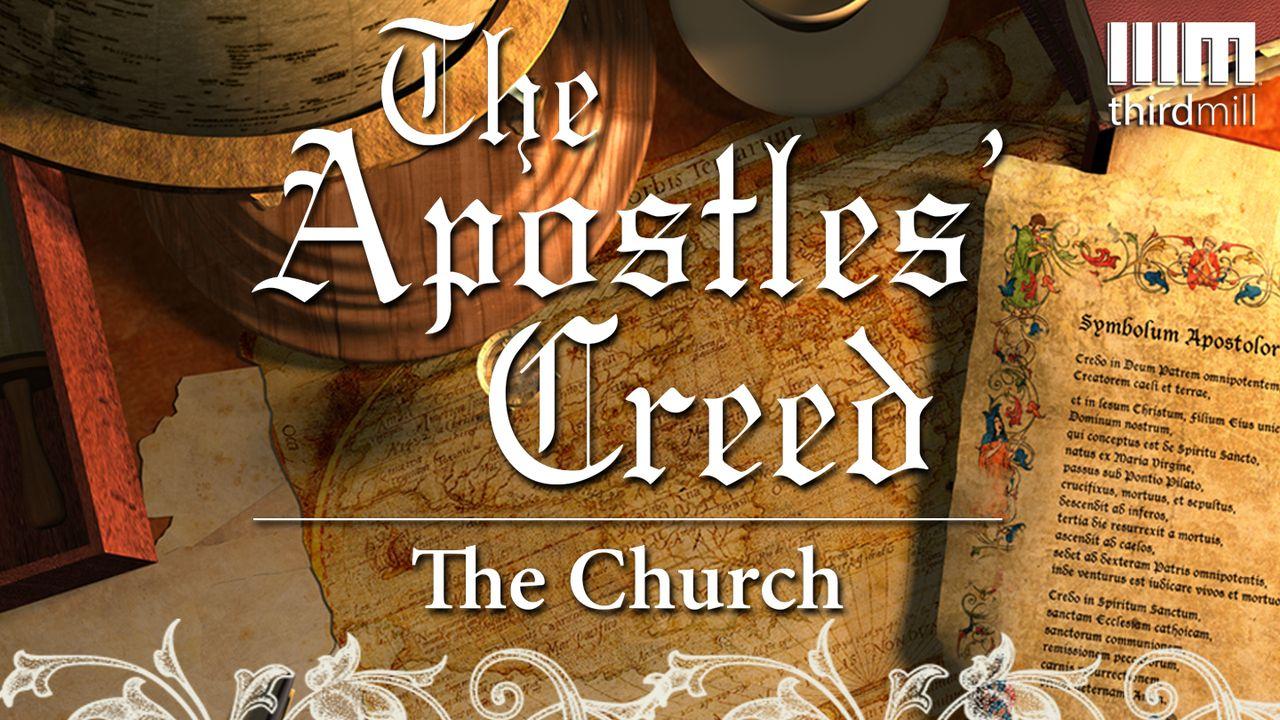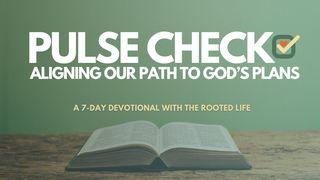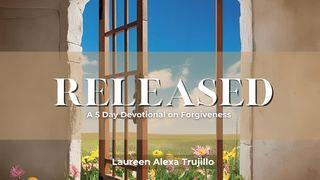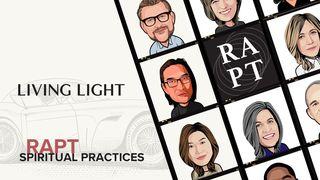The Apostles’ Creed: The ChurchSample

Building the Church: Matthew 18:17
There can be no denying that when Jesus came, His earthly ministry had a dramatic impact on the world and on the people of God. It is with good reason that many theologians have noted that Jesus did not simply perpetuate the old order, including its old church. At the same time, it’s important to recognize that Jesus did not establish a church that was totally new. His church has great continuity with the Old Testament church.
Jesus only mentioned the church by the name ekklesia on three occasions recorded in the Gospels. In fact, these are the only times the word ekklesia appears anywhere in Matthew, Mark, Luke or John. All three of these passages are in the Gospel of Matthew — one in 16:18, and two in 18:17. Let’s look at both of these verses more closely.
In Matthew 16:18, Jesus spoke these words:
I will build my church, and the gates of Hades will not overcome it (Matthew 16:18).
The word oikodomeo, translated here as “build,” can refer either to building something brand new, or to rebuilding and restoring what already exists. Although Jesus did not explicitly state which meaning He intended, Paul’s teaching in Romans 11 should incline us to favor the view that Jesus was rebuilding and restoring the Old Testament church.
Jesus’ words in Matthew 18:17 are less ambiguous. Consider what He said there:
If he refuses to listen to them, tell it to the church; and if he refuses to listen even to the church, treat him as you would a pagan or a tax collector (Matthew 18:17).
In this verse, Jesus was talking about church discipline. And His exhortation was that an unrepentant person should be brought before the church or assembly. In the original context of Jesus' ministry, the only church that existed was Jewish synagogues scattered throughout the region and the temple in Jerusalem. These were distinctively Old Testament forms of Israel’s assemblies, but Jesus still called them “the church.”
Scripture
About this Plan

This reading plan looks at the divine sanction of the church, and at the facts that the church is holy, catholic or universal, and a communion.
More
We would like to thank Third Millennium Ministries for providing this plan. For more information, please visit: http://thirdmill.org









